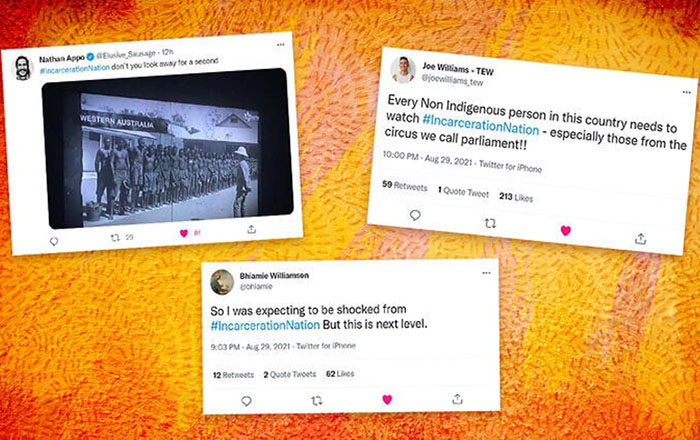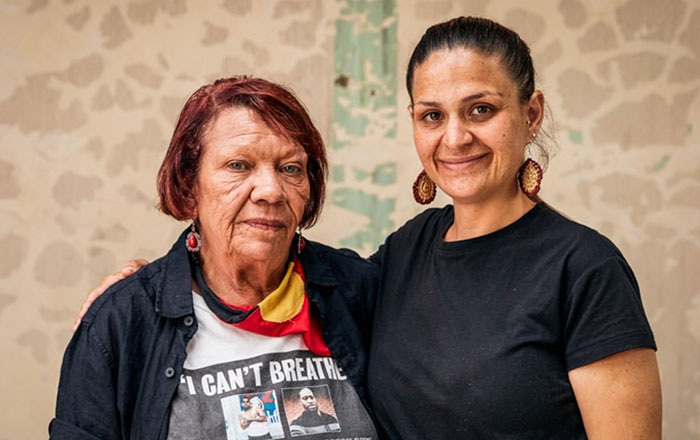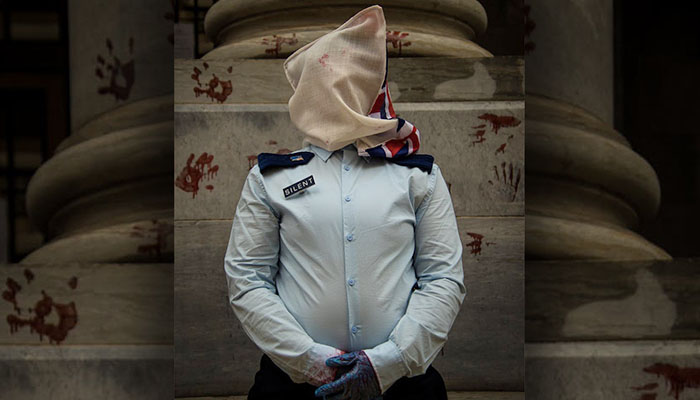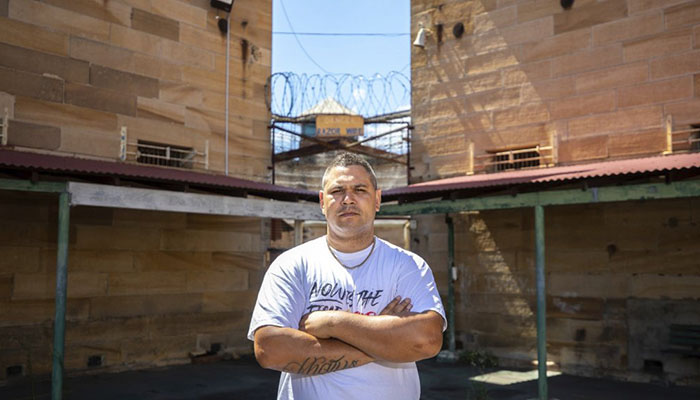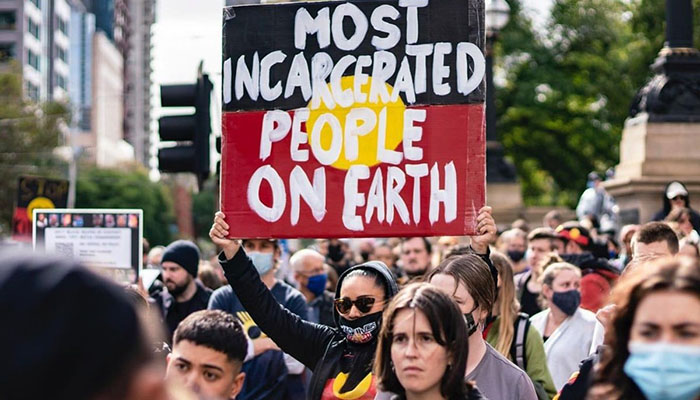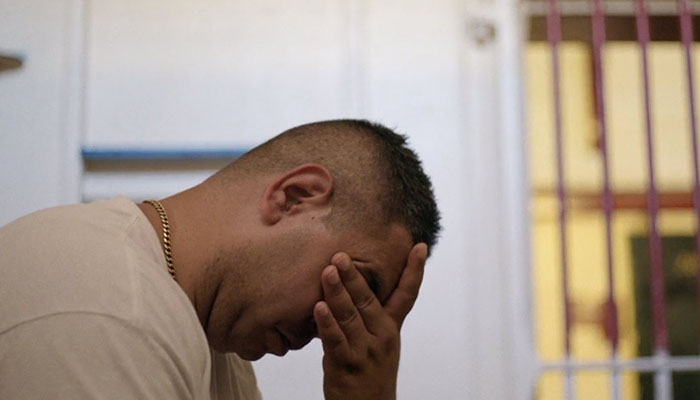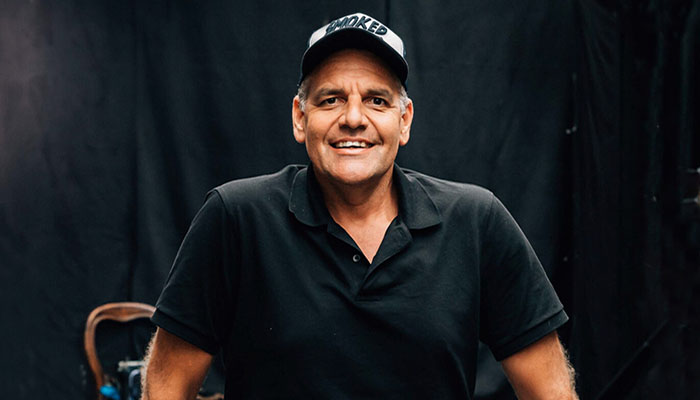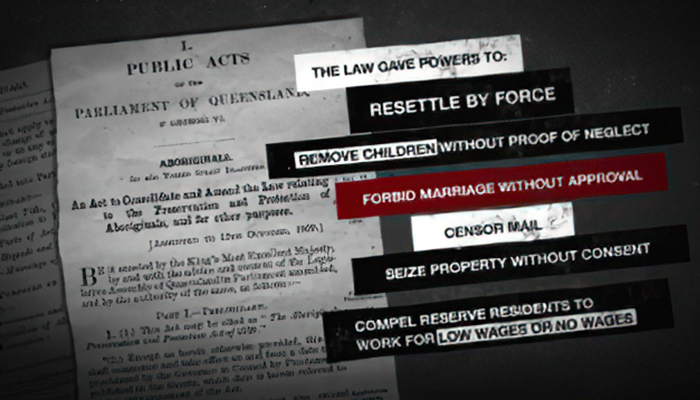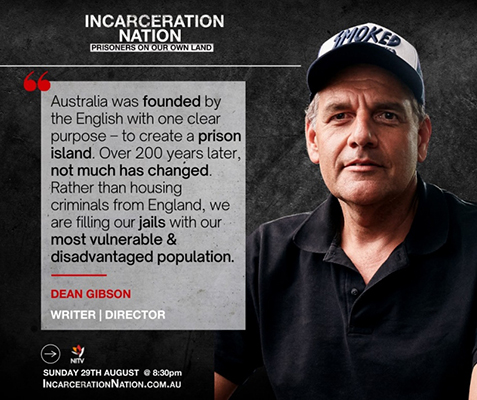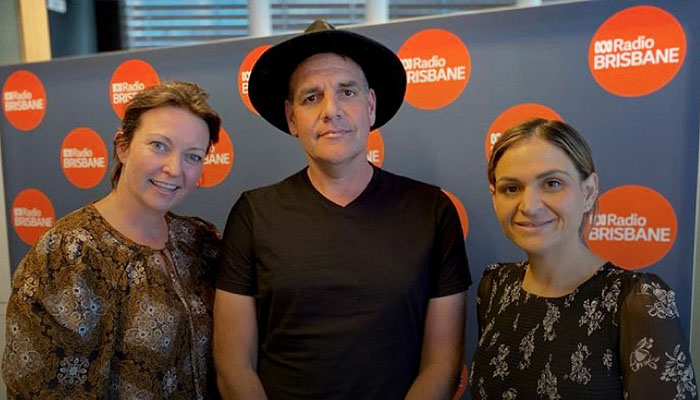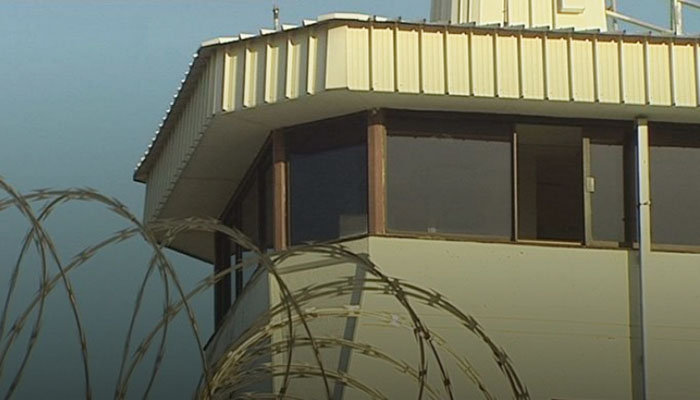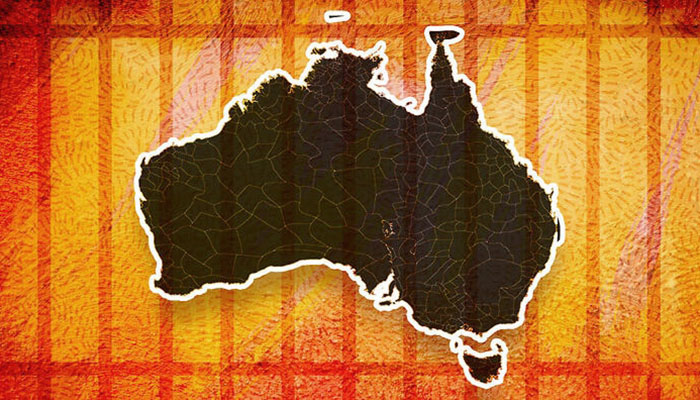
For many women, giving birth is an incredibly exciting time. A time filled with joy, surrounded by family and loved ones who are supporting you through this journey.
From conception, it is understood by many that women carrying children deserve the best care to ensure the health, safety and wellbeing of the mother and baby. Pregnancy can also be highly stressful and anxious, however with the care of the health system and our networks of family and friends, we are often supported through this.
Unfortunately this is not the case for women who are pregnant in custody. Unable to access social, medical and emotional support when required, – the expectant mothers in jail are stripped of the supports we know help many women through the uncertain and important journey of pregnancy/
Adding to the already difficult circumstances these women are placed in, is knowing that for many women, their children will be taken from the almost immediately after giving birth. They will return to custody directly from hospital.
They will be unable to breastfeed or bond wiht their baby through ongoing skin to skin contact. They will be strip searched upon arrival, regardless of whether they have had stitches or a caesarean, then returned to their cell and required to return to work on prison grounds almost immediately.
Carly Stanley
Mamamia

Three years in the making
Dean Gibson has had enough. In the past three decades, 478 Indigenous people have died while in police custody in this country and while the statistics are shocking, not much is changing. It was not one tragic death that prompted the filmmaker and Guugu Yimithirr man to want to look beyond the headlines to try and understand what was happening but a growing frustration that the same stories kept repeating themselves. … His painstaking work has come together to form the documentary film Incarceration Nation, which lays bare the story of systemic injustice and inequality experienced by First Nations people. Despite representing 3.3 per cent of the Australian population, Indigenous men make up 27 per cent of prisoners and Indigenous women constitute 34 per cent of prisoners. It is hard to erase the stories of people keeling over in pain as they beg for medical attention, struggling to breathe as they are restrained and beaten. Dean Gibson has had enough. In the past three decades, 478 Indigenous people have died while in police custody in this country and while the statistics are shocking, not much is changing. It was not one tragic death that prompted the filmmaker and Guugu Yimithirr man to want to look beyond the headlines to try and understand what was happening but a growing frustration that the same stories kept repeating themselves. … His painstaking work has come together to form the documentary film Incarceration Nation, which lays bare the story of systemic injustice and inequality experienced by First Nations people...
– The West Australian
by Pierra Willix
26 August 2021
Dean Gibson
The WestEnder

Keenan Mundine
The West Australian

Junkee
'Incarceration Nation' is not here to make settlers comfortable
By Merryana Salem
31 August 2021
Junkee
Merryana Salem
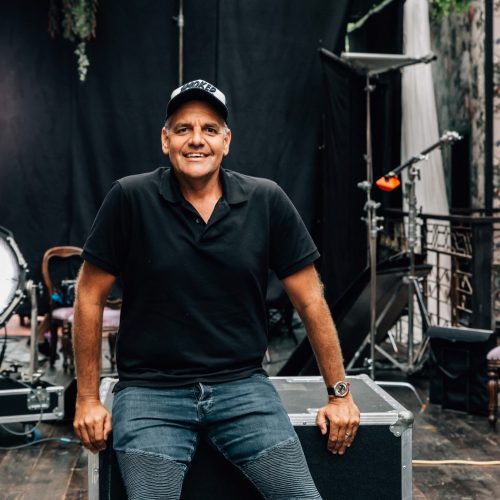
With over 65% of Indigenous children in the ages of 10 – 13 held in the juvenile justice system; that number outweighs all other groups and is a serious indicator that something has gone wrong.
Director and Writer and Gi-uguru Yimithirr man Dean Gibson sheds more light on the issue with his NITIV series Incarceration Nation
Radio The Wire
Dean Gibson
Dean Gibson
The Wire
A powerful piece of television, with harrowing images from the country’s bloody colonial past used to highlight the continuing prejudice experienced by mob.
NITV
It’s about a country that disproportionately punishes its original inhabitants, and it is in turn unnerving, shocking, and tragic; Gibson does not blink.
Read more ...
It captures how the system can fail the individual, and with a test program in the NSW town of Bourke how some basic improvements might actually be made.
It captures how the system can fail the individual, and with a test program in the NSW town of Bourke how some basic improvements might actually be made.
Craig Mathieson – SMH
Latoya Aroha Rule,
Lilly Brown & Natalie Ironfield
The Conversation
We know the numbers. We talk about raising the age of criminal responsibility. We take to the streets motivated by the police killing of an African-American man halfway across the world. We shake our heads, and still, systemic racism churns on, destroying the lives of First Nations people.
Bridget McManus – SMH
Incarceration Nation isn’t only here to present the facts. The documentary weaves in intimate testimonies from Indigenous inmates, survivors of police brutality, and heartbreaking and emotional interviews with their loved ones who continue to fight for accountability and justice.
Elyssa Kostopoulos – Russh
[Incarceration Nation is] a cohesive narrative that leads you on a path from action to consequence, from trauma to response. The results are nothing short of ground-breaking.Gibson’s vision is a roadmap to understanding the state of Indigenous affairs today”.
Travis Akbar – Australian Book Review
LISTEN
Mornings with Rebecca Levingston
Incarceration nation: Why Australia needs to ‘stop looking away’ from its prison problem
ABC Radio
Afternoons with Katherine Feeney
Black matters: Incarceration Nation – Interview with Dean Gibson
ABC Radio
RN Drive with Patricia Karvelas
Incarceration Nation – new documentary exploring Indigenous deaths in custody
ABC Radio
SHARE

